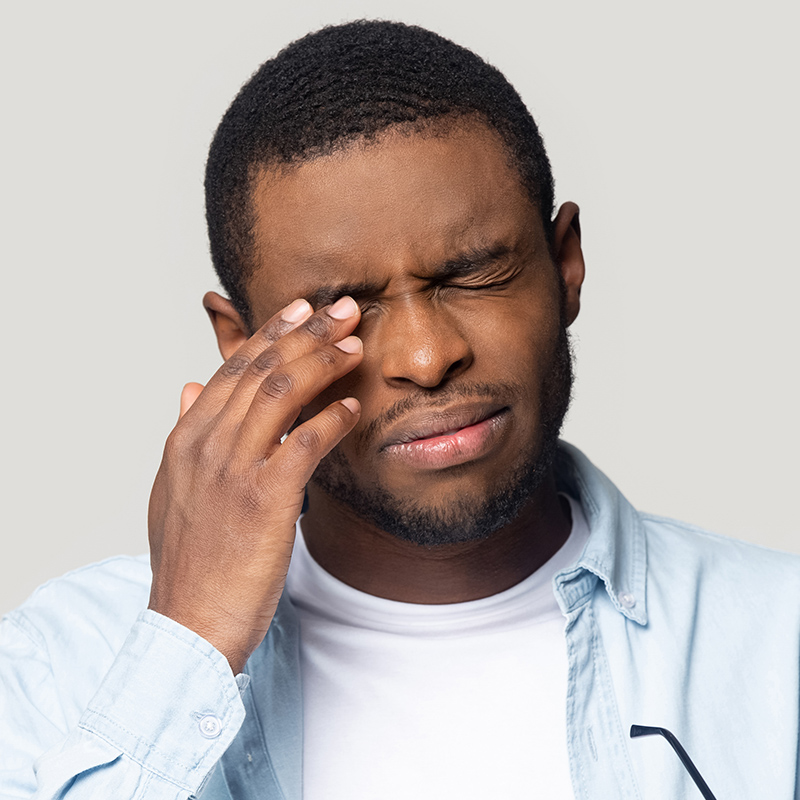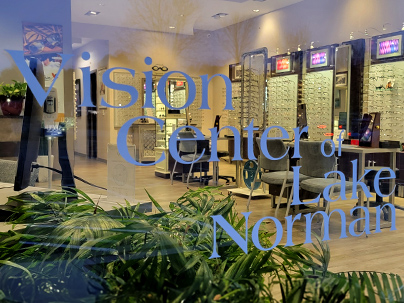Eyes Feeling Itchy and Dry? How to Prevent and Treat Dry Eye
Blog:Eyes Feeling Itchy and Dry? How to Prevent and Treat Dry Eye

Are your eyes constantly itchy and dry? Do you feel a burning sensation in them throughout the day? These are a few symptoms of dry eye. While dry eye is very common, serious cases can cause damage to the surface of the eye. Fortunately, there are ways to manage the symptoms and find some much-needed relief. Keep reading to learn more about this condition, its symptoms, what causes it, and how to relieve dry eyes.
What is dry eye?
Dry eye happens when your eyes can’t produce enough tears to keep the eyes properly lubricated or when your tears evaporate too quickly. Dry eye can make it difficult to focus or perform everyday tasks like reading or driving. While dry eye can be temporary or mild, chronic dry eye can lead to more serious issues if left untreated.
Some common symptoms of dry eye include:
Dryness and itchiness
Redness
Excessive tearing
A burning or stinging sensation
Sensitivity to light
Blurred vision
The feeling like something’s stuck in your eye
Trouble wearing contact lenses
What causes dry eye?
Dry eye can occur for a variety of reasons. Aging is one of the most common causes. As we get older, our eyes produce fewer tears, raising our risk of dry eye. Other causes include taking certain medications, blinking less frequently while staring at screens, living in dry or windy climates, and having medical conditions like thyroid disorders and rheumatoid arthritis. Women are also more likely to develop dry eye due to hormonal changes caused by pregnancy, menopause, and using oral contraceptives.
How to find relief
If you think you have dry eye, it’s important to schedule an eye exam with your optometrist. They can determine the underlying cause and recommend different treatments to help you feel better. In some cases, avoiding certain medications or environmental triggers can help reduce or even eliminate symptoms. Other treatment options include artificial tears, prescription eye drops, or punctal plugs, which are tiny devices inserted into the tear ducts to keep tears from draining too quickly from the eyes.
Lifestyle changes can also help you prevent or manage dry eye. Staying hydrated, using a humidifier in dry areas, taking a break from screens, and wearing sunglasses outside on windy days can help ease your symptoms.
Dry eye can be a frustrating and uncomfortable condition, but with proper care and treatment, you can manage your symptoms and improve your eye health. By understanding the causes and symptoms of dry eye and taking proactive steps to prevent and treat it, you can keep your eyes healthy and happy for years to come.
At our eye care practice, we offer a range of advanced solutions for dry eye, including light therapy to stimulate tear production and vitamins to support eye and overall health. We offer expert dry eye treatment to residents in Mooresville, Newton, Conover, Hickory, Claremont, Maiden, and the surrounding areas. Give us a call today to schedule your eye exam at Lifetime Eyecare in Newton or the Vision Center of Lake Norman in Mooresville.


